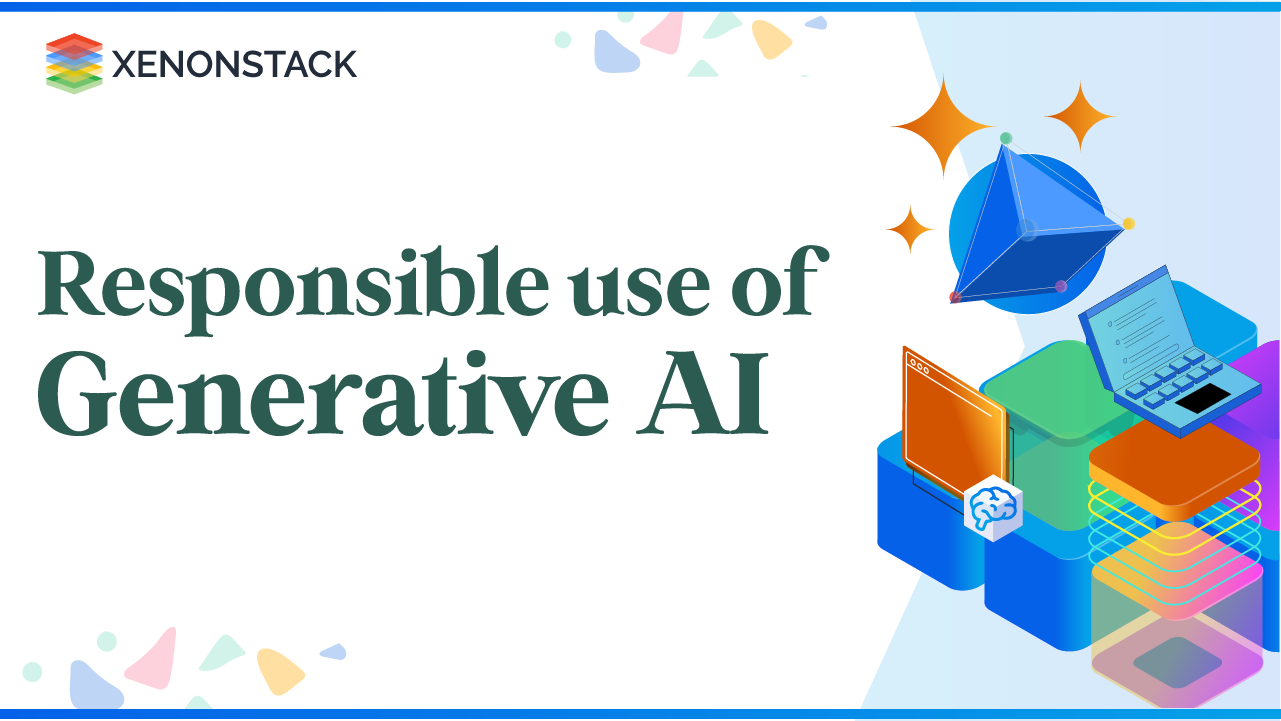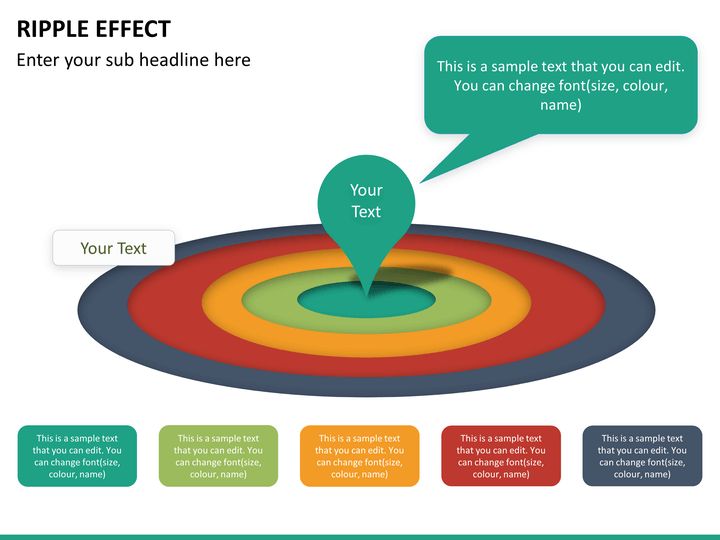AI Doesn't Really Learn: Understanding The Limitations For Responsible Use

Table of Contents
AI's "Learning" is Statistical Pattern Recognition, Not True Understanding
Current AI algorithms excel at identifying patterns within vast datasets. However, this "learning" is fundamentally different from human learning. AI doesn't genuinely comprehend the meaning or context behind the data; it simply recognizes statistical correlations. This distinction is critical to understanding the limitations of artificial intelligence.
-
Correlation vs. Causation: AI often struggles to differentiate between correlation and causation. A machine learning algorithm might identify a strong correlation between two variables but fail to understand the underlying causal relationship. This can lead to inaccurate predictions and flawed decision-making. For instance, an AI analyzing sales data might correlate ice cream sales with crime rates, but this doesn't mean one causes the other – both are likely influenced by a third factor like hot weather.
-
Biased Data, Biased Outcomes: The performance of AI algorithms is heavily influenced by the data used to train them. If the training data contains biases, the resulting AI system will likely perpetuate and even amplify those biases, leading to discriminatory outcomes. For example, an AI trained on biased facial recognition data might misidentify individuals based on their race or gender.
-
Symbolic Reasoning and Common Sense: Humans readily utilize symbolic reasoning and common sense to navigate complex situations. Current AI systems lack this crucial capacity. They struggle with tasks requiring abstract thought, nuanced understanding, and the application of general knowledge to specific contexts. This is a major limitation of machine learning algorithms.
The Problem of Data Dependence and Bias in AI
AI systems are fundamentally dependent on the quality and representativeness of their training data. This dependence creates vulnerabilities and ethical challenges.
-
Biased Data and Discrimination: Biased data inevitably leads to biased AI outcomes. If an AI system is trained on data that underrepresents certain demographic groups, it will likely perform poorly or even exhibit discriminatory behavior when interacting with individuals from those groups. Algorithmic bias is a serious concern.
-
Challenges of Data Acquisition: Obtaining large, unbiased, and representative datasets is incredibly difficult and costly. This difficulty is exacerbated by factors like data privacy concerns and the inherent complexity of capturing the full spectrum of human experience.
-
Mitigating Bias: Researchers are actively exploring methods to mitigate bias in AI algorithms, including techniques like data augmentation, adversarial training, and fairness-aware learning. However, these methods are not a panacea and require ongoing research and development. Responsible AI development necessitates addressing data diversity issues.
Lack of Generalization and Adaptability in Current AI Systems
One of the most significant limitations of current AI is its lack of generalization and adaptability. Most AI systems are designed for specific tasks and struggle to transfer knowledge learned in one context to another.
-
Narrow AI vs. AGI: Current AI systems are predominantly examples of narrow AI, meaning they are designed to excel at a single, well-defined task. Achieving artificial general intelligence (AGI) – AI with human-level general intelligence – remains a significant challenge.
-
Challenges of Continuous Learning: Creating AI systems capable of continuously learning and adapting to unforeseen situations is a major hurdle. Many current systems are brittle and fail catastrophically when faced with data that differs significantly from their training data.
-
Failure in Unexpected Environments: AI systems trained in controlled environments often fail spectacularly when deployed in real-world settings with unforeseen complexities and variations. This highlights the critical need for robust AI systems that can generalize their knowledge and adapt to changing circumstances. Transfer learning is an area of active research.
The Ethical Implications of AI's Limitations
The limitations of current AI systems have significant ethical implications, particularly when these systems are deployed in critical decision-making contexts.
-
Overreliance on AI: Overreliance on AI in high-stakes situations can be dangerous if the AI's limitations are not fully understood and accounted for. This is particularly crucial in areas like healthcare, criminal justice, and autonomous driving.
-
Potential for Misuse: The limitations of AI can also be exploited for malicious purposes. For example, biased or manipulated AI systems can be used to spread misinformation or reinforce existing societal inequalities.
-
Transparency and Explainability: To ensure responsible AI development, it's crucial that AI systems are transparent and explainable. This means that the decision-making processes of AI systems should be understandable and auditable. Explainable AI (XAI) is an active field of research addressing this challenge. AI accountability is paramount.
Conclusion
In summary, AI doesn't really learn in the same way humans do. Its "learning" is primarily statistical pattern recognition, heavily reliant on the quality of its training data and limited in its ability to generalize and adapt. This understanding is crucial for responsible AI development. The data dependence, lack of generalization, and ethical implications of these limitations necessitate a cautious approach to AI deployment, prioritizing ethical considerations and transparency. Understanding that AI doesn't really learn, in the human sense, is a crucial first step towards responsible AI development. Let's move forward with a cautious yet innovative approach, prioritizing ethical considerations and addressing the limitations of current AI technologies. Continue exploring resources on responsible AI development to understand further the challenges and opportunities in this rapidly evolving field.

Featured Posts
-
 Simbolisme Dalam Pakaian Miley Cyrus Memahami Pilihan Busana Sang Bintang
May 31, 2025
Simbolisme Dalam Pakaian Miley Cyrus Memahami Pilihan Busana Sang Bintang
May 31, 2025 -
 The Psychology Behind Welcome In And Its Effect On Customer Experience
May 31, 2025
The Psychology Behind Welcome In And Its Effect On Customer Experience
May 31, 2025 -
 Sanctuary Cities And Counties The Trump Administrations Targeting Strategy
May 31, 2025
Sanctuary Cities And Counties The Trump Administrations Targeting Strategy
May 31, 2025 -
 2025 Pro Motocross Championship A Season Preview
May 31, 2025
2025 Pro Motocross Championship A Season Preview
May 31, 2025 -
 Finding Your Good Life A Journey Of Self Discovery And Purpose
May 31, 2025
Finding Your Good Life A Journey Of Self Discovery And Purpose
May 31, 2025
